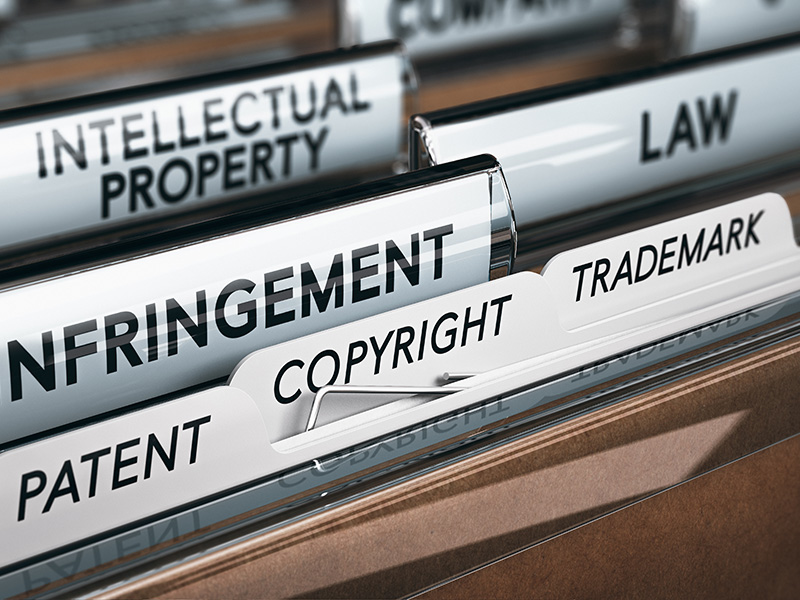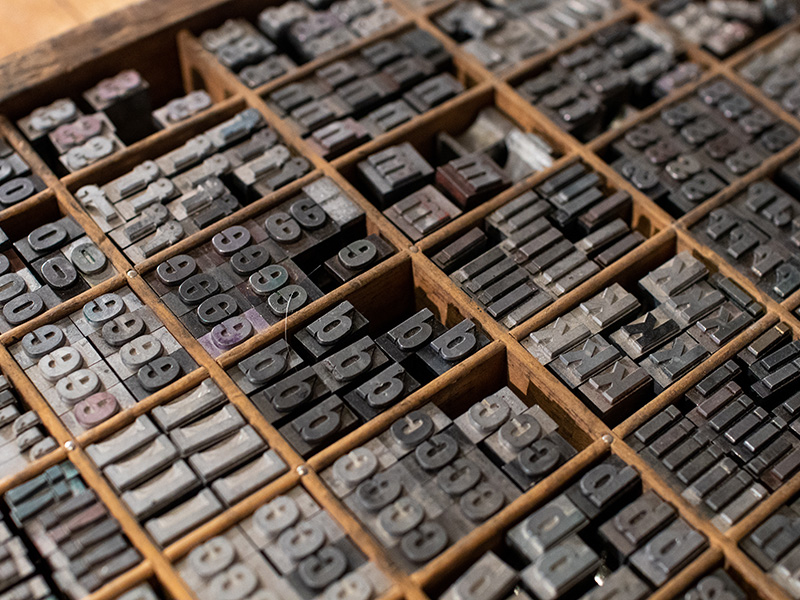
Copyright and Intellectual Property Legislation in Malta

It would be sensible to write about how these things are done in the Maltese Islands. The Industrial Property Registrations Directorate, also known as IPRD, forms part of the Commerce Department Within the Ministry for the Economy, Investment and Small Business. The IPRD is the entity responsible for the registration of trademarks, certification marks, collective marks and designs; patenting of invention; issuing of supplementary protection certificates (mostly these are related to pharmaceutical products and plant protection products) as well as recording of transfers, cancellations and amendments to the above mentioned IP rights.
According to the Commerce Department, copyright, also known as author’s rights, include artistic creations such as:
- Poems
- Novels
- Music
- Painting
- Cinematographic Works
Under Maltese law, copyright protects the moral and economic rights of creators together with the rights of the public to access their creations as well as protecting such creations from being reproduced without permission. In return this would lead to an artistic creation to increase in potential economic value, social development competitiveness and creation to be traded fairly. The second part of this was quite interesting. In Malta (probably in other countries in the EU as well) whilst formal protection is provided for IP in Malta through registration at the Commerce Departments, copyright works, even if they are not formally registered, still receive statutory protection automatically once they are placed in public domain. I was not expecting this last part, and it was not mentioned in the lectures either.
As already mentioned, copyright covers artists, performers, producers and broadcasters. The copyright is generally owned by the author of the original work, unless it is created whilst employed, in which case the creation would belong to the company. Like in many other countries, copyright in Malta is indeed transferable, but the author can still hold certain rights at law. This includes the right to be credited in all future copies of the work.
Also, copyright is automatically granted given that it holds the essential elements to be deemed as so. These are:
- Being eligible to copyright protection (work has to be an artistic creation).
- Original in character.
- Certain works must also be either written, recorded or made in a tangible form.
I also came across the term ‘orphan works’. Never heard of it before. Essentially these are works whose authors are unknown. These include books, newspaper articles and films that are still protected by copyright law even if the original authors never claimed their work as their own. Orphan works are part of the collections held by European libraries that might remain untouched without common rules to make their digitisation and online display legally possible.
Like in other countries, copyright infringement leads you to being exposed to civil as well as criminal law. In extreme cases, it can also include a prison term. Under Maltese Law, there are limited right to make a private copy of a protected work for personal use. However, unless you are allowed to do so by the copyright owner, usually you are not generally allowed to give such a copy to a third party. That being said, lending a copy of a protected work to someone else for a limited period of time is allowed. Public libraries are an example of such protocol.
All in all, I think that being original is part of what makes the creative industry an interesting and cool industry to work in. In addition, we should take pride in our work as being our own, meaning that copying should be avoided. Of course, looking at what exists already is part of research and we are indeed inspired by what we see and read. With that said, should you need to refer to a particular work and you want to include it in your own one way or another, it is good to ask permission and give credit when credit is due.





